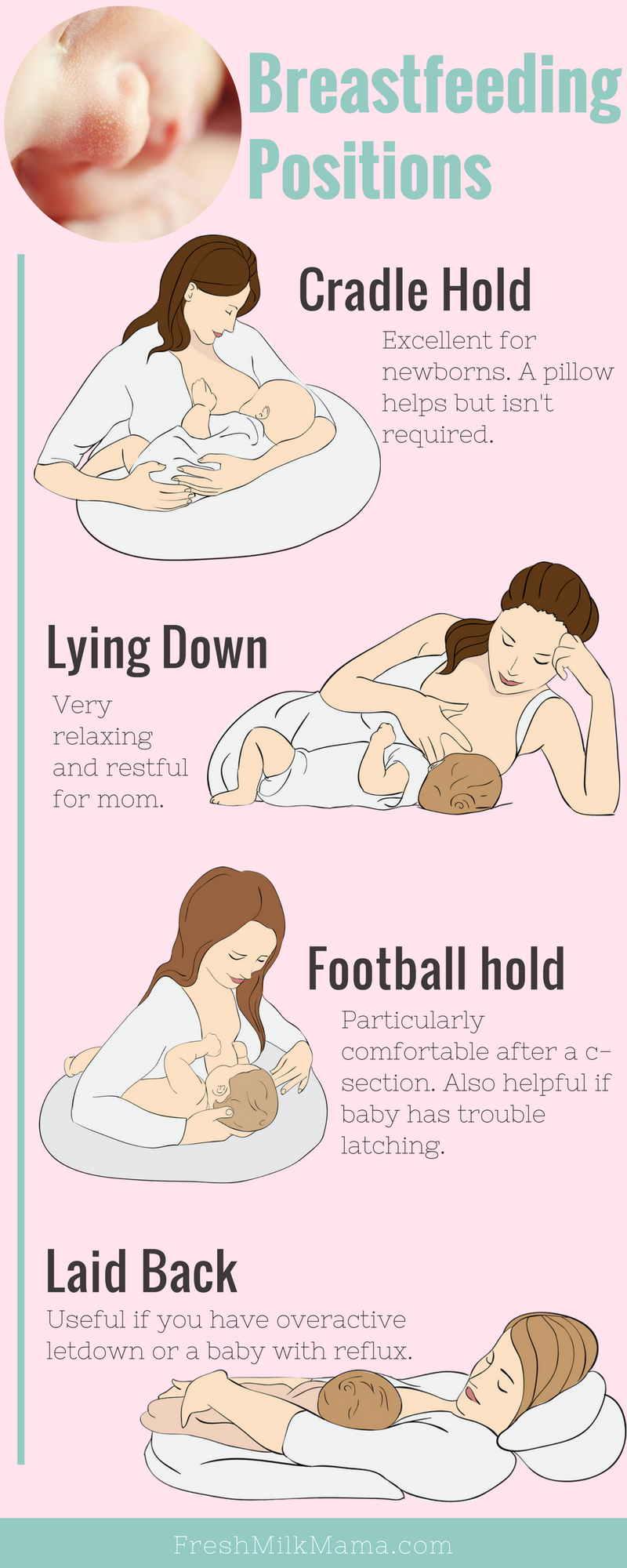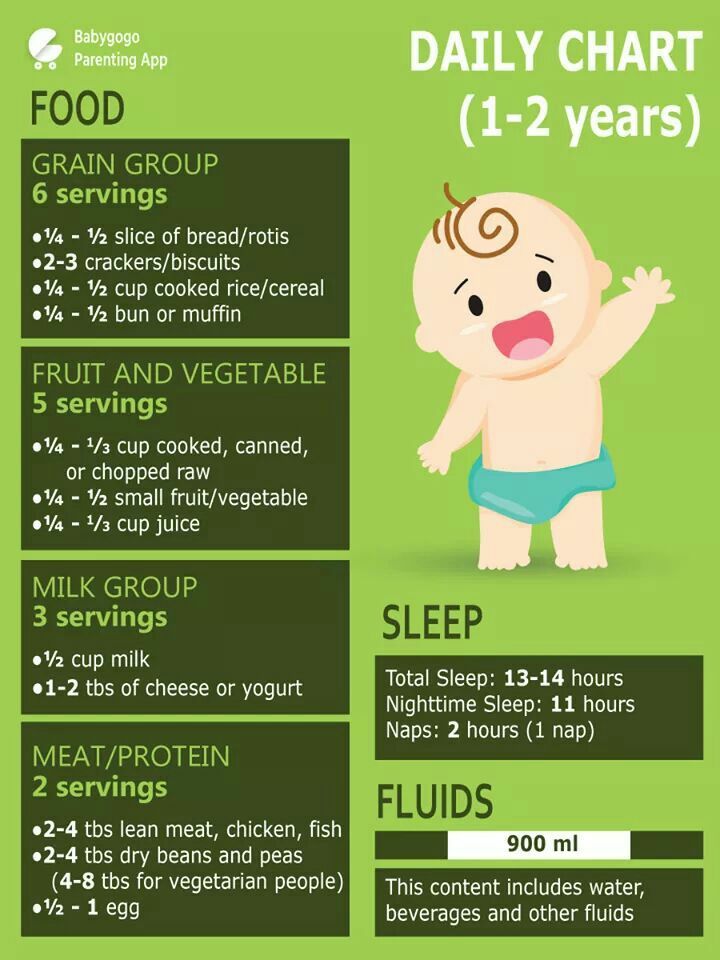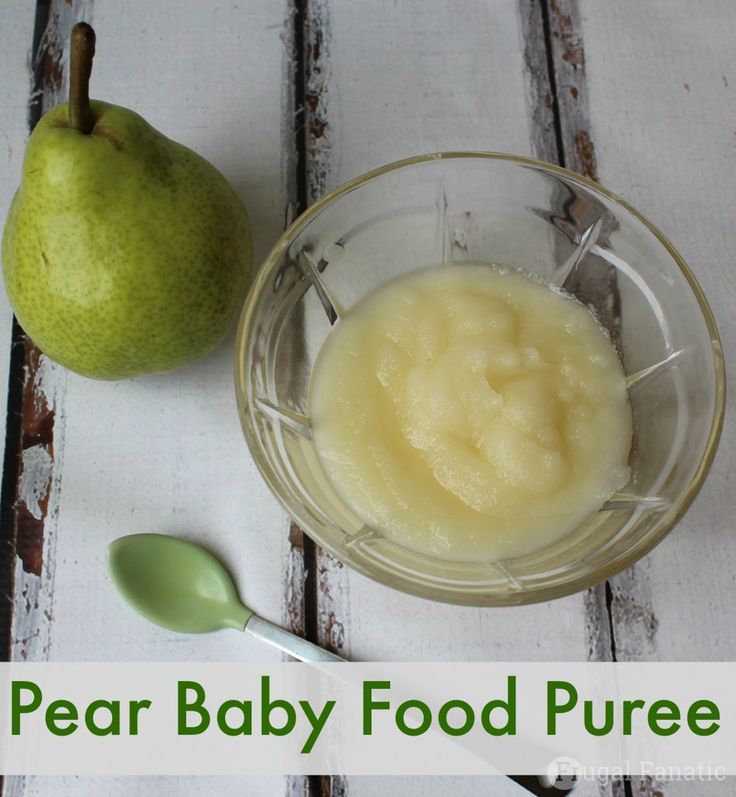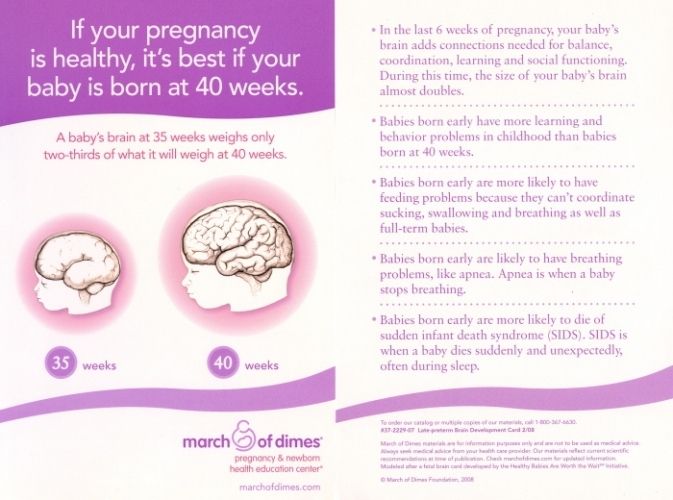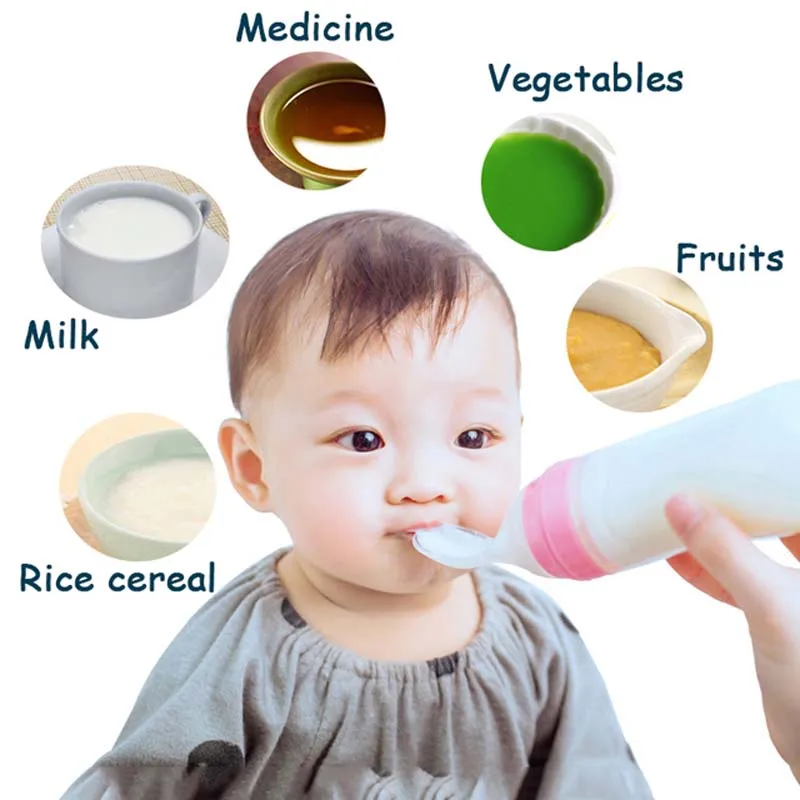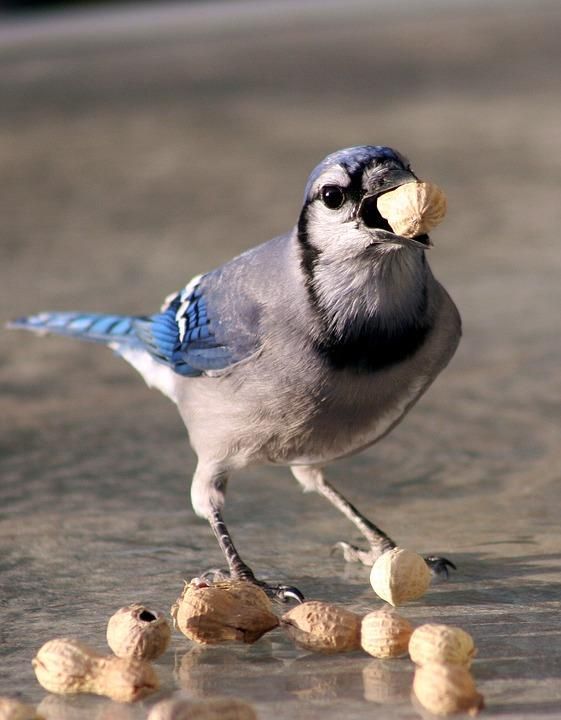Baby straining while feeding
Newborn Grunting (Grunting Baby Syndrome)
Does your baby grunt especially loudly during bowel movements? Do they sometimes cry when trying to pass stool?
Although you might be tempted to pass these off as symptoms of constipation, if you answered yes, there’s a chance your baby could be suffering from grunting baby syndrome (GBS).
While this condition might sound silly, it can actually bring quite a bit of discomfort and pain to your little one.
Let’s talk about GBS, what causes it, and more importantly, how you can bring your baby some relief.
Key Takeaways
- Grunting Baby Syndrome (GBS) is when babies grunt and strain due to difficulty coordinating stomach and pelvic muscles for bowel movements.
- GBS symptoms include crying, straining, turning red, and squeezing abdominal muscles during bowel movements.
- GBS usually resolves on its own by the time a baby is 3-4 months old, and a hands-off approach is recommended.
- If grunting is not followed by a bowel movement or occurs with every breath, consult a doctor as it may be caused by other conditions like constipation, acid reflux, or respiratory distress.
Table of Contents
- What Is Grunting Baby Syndrome?
- What Does Grunting Baby Syndrome Look Like?
- How Can I Help My Baby With GBS?
- When It’s Not GBS
- The Bottom Line
What Is Grunting Baby Syndrome?
At first glance, grunting baby syndrome might look like constipation, but if the stool inside your baby’s diaper is soft, chances are those noises they’re making are being caused by something else (1).
With GBS, the grunting isn’t caused by hard stool. It’s caused by the baby’s body not recognizing the signals it needs to go to the bathroom.
We’ll explain. Have you ever tried to rub your stomach while patting your head simultaneously? It takes a level of coordination that we’re not born with.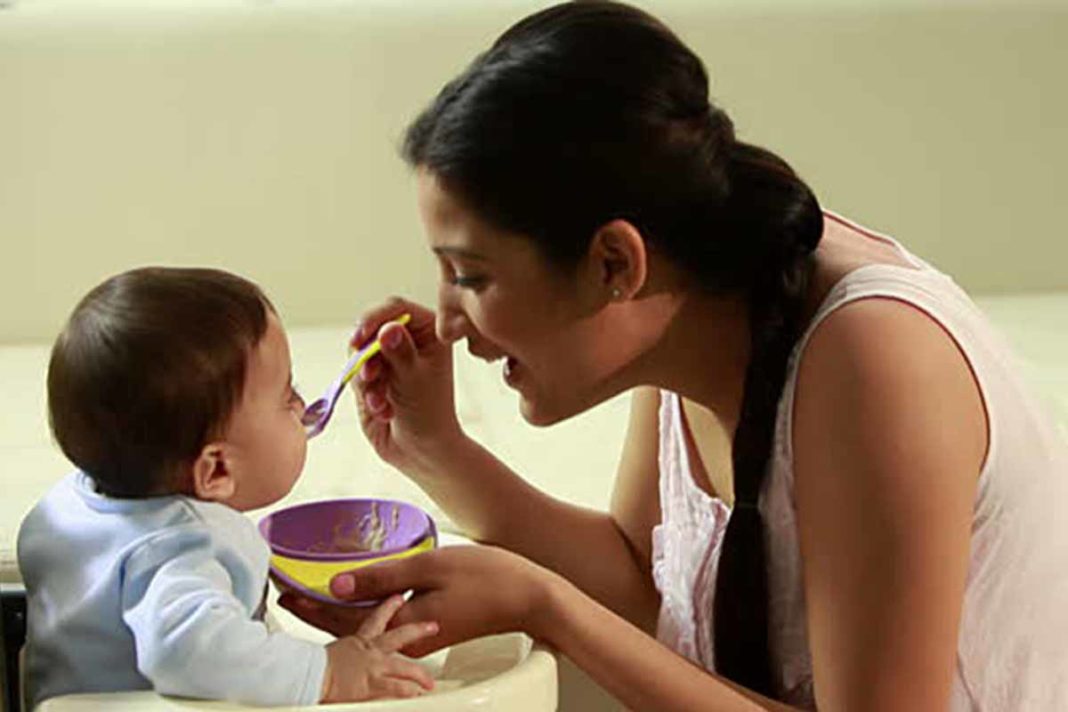 Believe it or not, this kind of coordination is also required to have a bowel movement.
Believe it or not, this kind of coordination is also required to have a bowel movement.
To pass stool, our stomach muscles have to flex, and at the same time, our bodies tell our pelvic muscles to relax. Grunting helps babies flex their stomach muscles, so they often do this to help pass waste (2).
Unfortunately, while the grunting helps your abdominal muscles flex, it doesn’t help the pelvic muscles relax. So your baby has to grunt and push the stool down repeatedly until their pelvic muscles get the memo to relax and let the stool pass.
This can cause pain and discomfort until your baby learns to coordinate these two muscle groups.
What Does Grunting Baby Syndrome Look Like?
Perhaps you’re beginning to suspect your baby is suffering from GBS, but you want to be sure.
If your baby is experiencing GBS, they will likely also do the following things when trying to have a bowel movement:
- Crying or screaming.
- Straining.
- Turning red or even dark purple.

- Squeezing their abdominal muscles.
They will experience several, or all, of these symptoms for five to ten minutes before finally passing stool and feeling comfortable once more.
How Can I Help My Baby With GBS?
The bad news is there’s nothing you can do to stop or cure grunting baby syndrome in your baby. The good news? It will clear up on its own by the time your baby is 3-4 months old. So when it comes to GBS, there really isn’t much to worry about.
Some doctors might tell you to ease your baby’s discomfort by stimulating their anus with cotton balls and Vaseline or an anal thermometer, but this may hurt more than it helps.
If you continuously use stimulants to help your baby pass stools, it may take them longer to learn how to relax their pelvic muscles on their own.
Sometimes Doing Nothing Is Best
Your baby needs to learn to coordinate these muscle groups without the help of stimulants, which is why a hands-off approach is the best way to go with GBS.
When It’s Not GBS
Not all baby grunting is caused by grunting baby syndrome. Grunting can be a symptom of several different conditions.
If your baby’s grunting episodes are not followed quickly by a bowel movement, or if your baby is grunting with every breath, then GBS is likely not the cause. One of the following conditions might be the reason.
1. Constipation
While constipation isn’t the underlying cause of GBS, it can cause your baby to grunt. But don’t worry; it’s fairly easy to tell the difference between constipation and GBS.
When suffering from constipation, your baby may:
- Grunt but not have a bowel movement right after the grunting episode.
- Go three to four days between bowel movements.
- Have hard, compact stools when they have a bowel movement.
Luckily constipation is usually fairly easy to fix. It could be caused by dehydration. Or, if your baby is formula-fed, an ingredient in the formula may be the cause (3).
If you think your baby is experiencing constipation, contact your doctor. They can tell you if there’s something at home to try and ensure it’s not caused by a more serious disorder such as hypothyroidism or Hirschsprung’s disease.
Although both of these conditions are rare, it’s better to be safe when it comes to your little one.
2. Acid Reflux
Sometimes babies will also grunt when they suffer from gastroesophageal reflux (GER). GER is caused when your baby’s lower esophageal sphincter is underdeveloped and allows milk and stomach acid to leak back into your baby’s throat (4).
GER can cause your baby to experience symptoms such as colic, crying, vomiting, and yes, even grunting.
Luckily, acid reflux is easy to diagnose and treat. Your doctor might tell you to adjust your baby’s position during and after feedings or, if you’re nursing, to avoid foods that could worsen the acid reflux.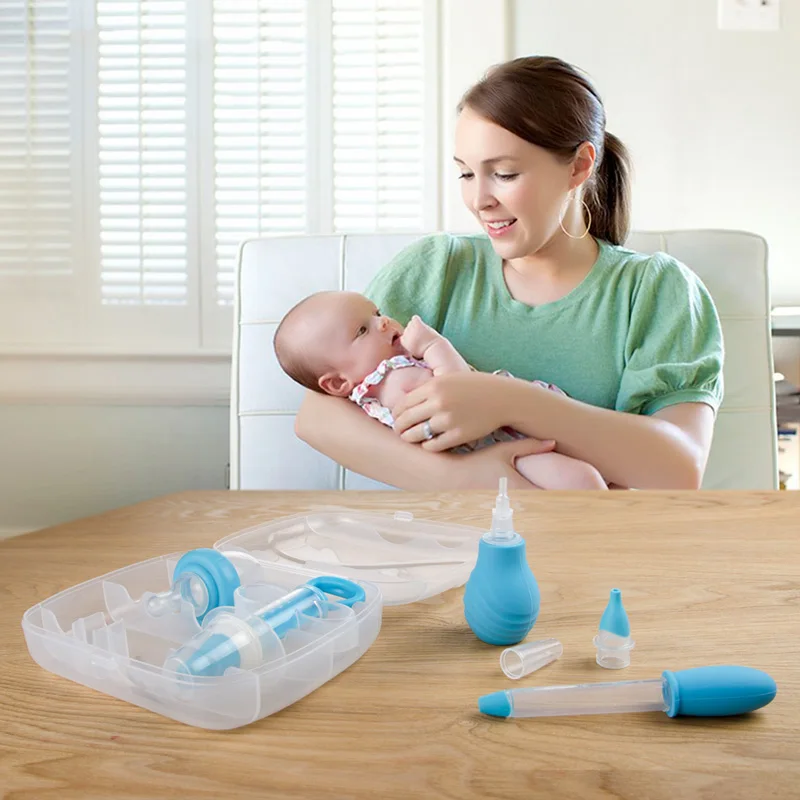 These may include spicy foods and carbonated beverages (5).
These may include spicy foods and carbonated beverages (5).
In more severe cases, your doctor can also prescribe antacids or special formulas to help your little one.
In most cases, acid reflux in infants resolves on its own, but in some extreme cases, surgery may be required to prevent the stomach acid from moving up.
3. Respiratory Distress
Is your baby seemingly grunting with every breath they take? This could be a sign of a serious respiratory issue (6). Grunting with every breath could be a sign of pneumonia, asthma, meningitis, or even heart problems.
If the grunting is accompanied by any of the following symptoms, it’s important to contact your doctor:
- Weight loss.
- Lethargy.
- Fever.
- Blueish tint on your baby’s tongue.
- Longer pauses between breaths.
- Nasal flaring.
- Belly breathing or drawing in the chest when breathing.
While these issues can be helped in most cases, they can also cause long-term damage if left untreated. We can’t say it enough — if your child is experiencing any combination of these symptoms, it’s important to contact your doctor immediately.
We can’t say it enough — if your child is experiencing any combination of these symptoms, it’s important to contact your doctor immediately.
4. Other Causes of Baby Grunting
Here are some other causes of grunting in babies. They are rare but can be lethal when they happen, with or without signs of respiratory distress. It is vital that parents can recognize them and seek proper medical attention when they happen. We provide a list of some of them here, along with their associated symptoms besides grunting and respiratory difficulties:
- Sepsis (blood poisoning usually due to infection): Fever, fussiness, confusion, floppiness, decreased urination, and jaundice (skin color turning yellow).
- Meningitis (infection of the membrane layer protecting brain and brain stem): Fever, stiff neck, vomiting, floppiness, rash, refusal to eat, swelling of the fontanelle (the soft spot on baby’s head), cold hands and feet, fatigue, and seizure.
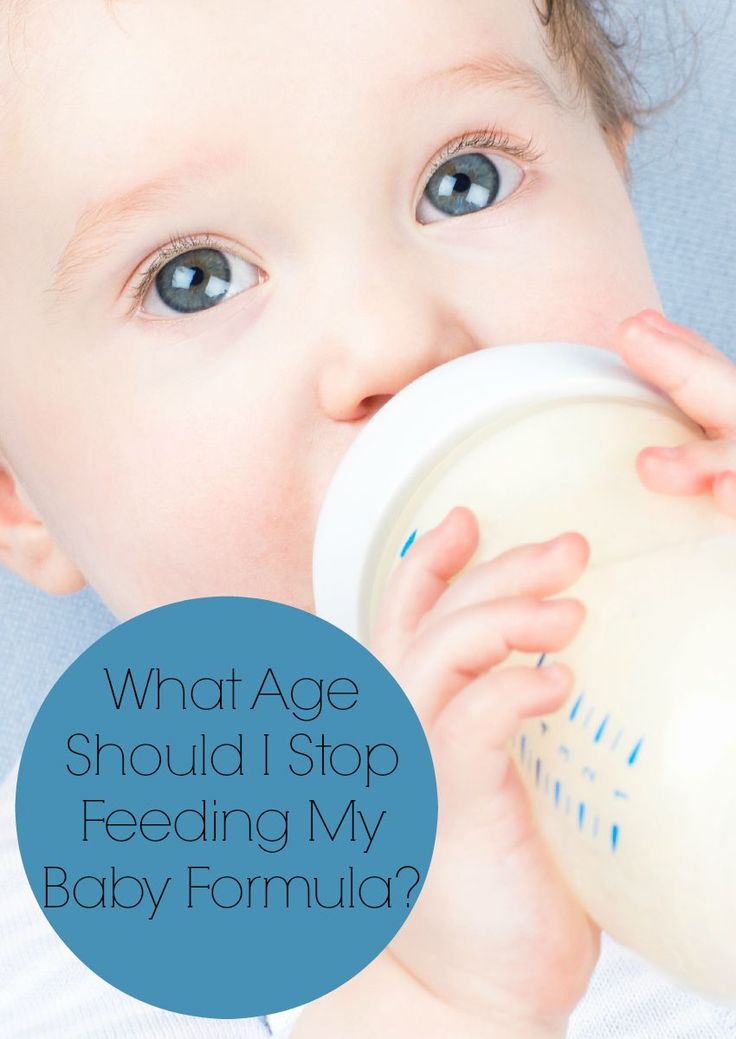
- Heart Failure: Trouble gaining weight, too tired to eat, fatigue, sleeping too much, swelling of body parts, skin turning blue, and sweating after feeding or play.
The Bottom Line
It’s not fun to hear that what you once thought was just a cute sound could be grunting baby syndrome. The good news is many issues that involve grunting are easy to fix or will fix themselves.
(Who would have thought your baby’s body would have to learn to poop correctly?)
It’s important to remember that you are your child’s advocate. If you feel there’s something more going on, whether it be constipation, acid reflux, infections, heart failure, or a severe respiratory issue, contact your doctor and get your baby looked at. Trust your gut!
Feedback: Was This Article Helpful?
Thank You For Your Feedback!
Thank You For Your Feedback!
What Did You Like?
What Went Wrong?
Infant Dyschezia: Grunting Baby Syndrome
Does your baby grunt and squirm when you think they are trying to poop? Your baby may even cry too.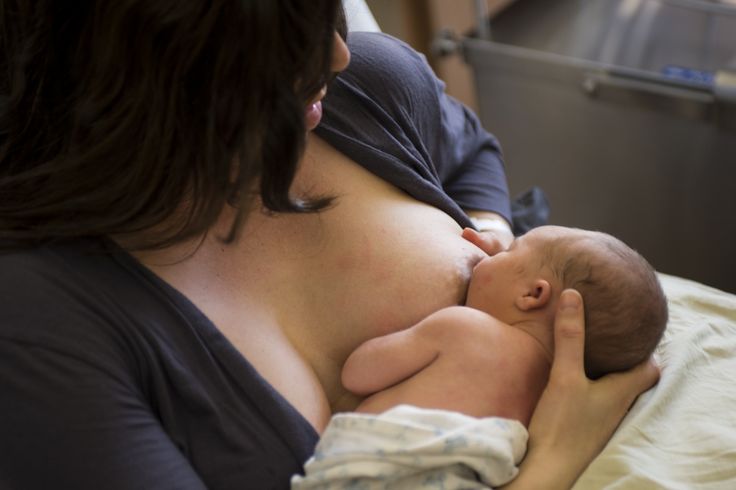 Your baby is not alone in this. There is a condition that affects many babies known as Grunting Baby Syndrome or to use its medical name, Infant Dyschezia.
Your baby is not alone in this. There is a condition that affects many babies known as Grunting Baby Syndrome or to use its medical name, Infant Dyschezia.
This common condition is usually of no concern. When your baby squirms and grunts, it doesn’t mean that they are in pain, especially when they do pass their stools and they are nice and soft. If stools are hard or frequently inconsistent then this is more likely to be constipation. You may find it useful to check out my latest article regarding constipation in babies.
Why does it happen?
The reason why babies struggle to poop is because it takes a lot of coordination between our brain, muscles and pelvic floor. The problem is that your baby has an uncontrolled stooling reflex and the muscles by the anus do not relax at the proper time so your baby pushes hard with the diaphragm and the tummy muscles, while holding the anus tightly closed. They will do this over and over again without results, hence the squirming and the grunting.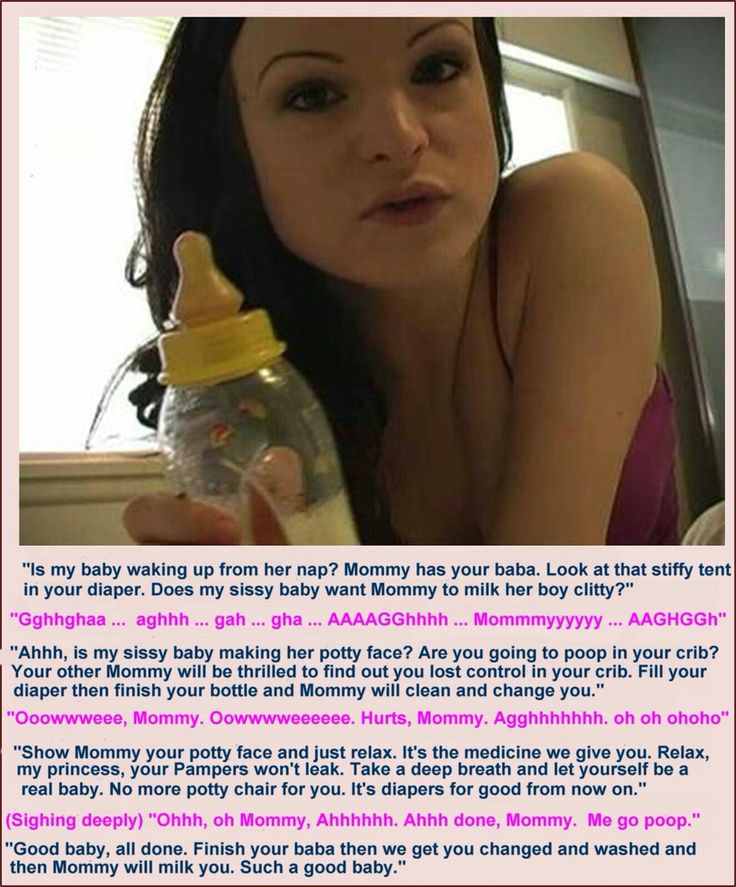 Eventually, usually within 10 minutes or so, the muscles will relax with baby’s effort and the poop comes. Your baby may even use crying to help create pressure in the tummy so when they do cry it is unlikely due to pain. It is more likely to help the poop flow a bit easier and perhaps a little frustration too.
Eventually, usually within 10 minutes or so, the muscles will relax with baby’s effort and the poop comes. Your baby may even use crying to help create pressure in the tummy so when they do cry it is unlikely due to pain. It is more likely to help the poop flow a bit easier and perhaps a little frustration too.
Babies need to learn to poop efficiently and this can take a little time but eventually it will happen. As the baby’s digestive system matures, it will begin to work more efficiently. Also, the baby’s brain to body communication needs to mature too.
How to help your baby…
Baby massage is a wonderful way of helping your baby through Grunting Baby Syndrome as it stimulates the bowel, relaxes muscles but it also helps baby’s brain to body communication through myelination. It is the development of the myelin of the nerve endings that lets messages go from the body to the brain. When these nerve endings are coated efficiently, the messages get through quicker and the body can react. You can check out my top tummy massage tips here.
You can check out my top tummy massage tips here.
Another way of helping your baby is to offer a comforting and reassuring touch. By just placing your hands on their tummy and smiling at your baby, it lets him know that he is safe and he is much more likely to relax.
What should I not do?
Try to refrain from rectal stimulation. I often hear parents recommending using a wet wipe around their baby’s anus or even using a rectal thermometer. Although it may help the baby poop, you will be delaying their learning process. It can in fact impede the learning and your baby may struggle to poop by themselves for much longer.
Hopefully you will have felt reassured with this article. Grunting baby syndrome or Infant Dyschezia is not constipation but a developmental matter which will resolve in time.
Are you feeling overwhelmed by your baby’s colic symptoms or would like to feel empowered to help your baby’s digestive system? I can help you feel back in control with my expert advice. You can find more information on the services that I provide here or you can book your free 15 minute call to discuss your baby’s colic with me.
You can find more information on the services that I provide here or you can book your free 15 minute call to discuss your baby’s colic with me.
The baby pushes and cries while feeding
The baby pushes and …
-
cerebral palsy. How do you live?
2,739 answers
-
How do you tell a child not to get into an unfamiliar car?
180 answers
-
Little geniuses. How do they grow?
172 answers
-
Do girls need martial arts?
921 answer
-
I can't rid my child of lice...
2551 answer
-
Do you take your child with you to the store, etc.?
176 answers
-
The child is conceited: is it good or bad?
162 answers
-
Is it necessary to comprehensively develop a small child?
178 responses
-
How do you feel about too "correct" children?
218 answers
-
Why are children like gods now?
204 responses
5 responses
Last - Go to
#1
#
2 if this is it, from the good: most outgrow by 3-5 years.

#3
#5
New topics for 3 days:
-
G in the DTC
3 answers
-
Visit to the children0002 12 answers
-
Can you share your opinion about vitamins?
2 answers
-
Alalia in 2.
 3 years old
3 years old 2 answers
-
Children's diet with atopic dermatitis
-
WPW for 1 year
WPW for 1 year answers
-
Neurodermatitis in a child
12 answers
-
Subclinical hypoternosis in a child
5 answers
-
Newborn yellow
8 answers
-
Are I more and more?
3 answers
Popular topics in 3 days: Symptoms after embryo transfer and result.
Can you share your opinion about vitamins?
2 answers
WPW for children up to 1 year
No answers
Children's diet in atopic dermatitis
No answers
60 answers
Previous topic
-
swollen nipples
6 answers
PREAM Crying in .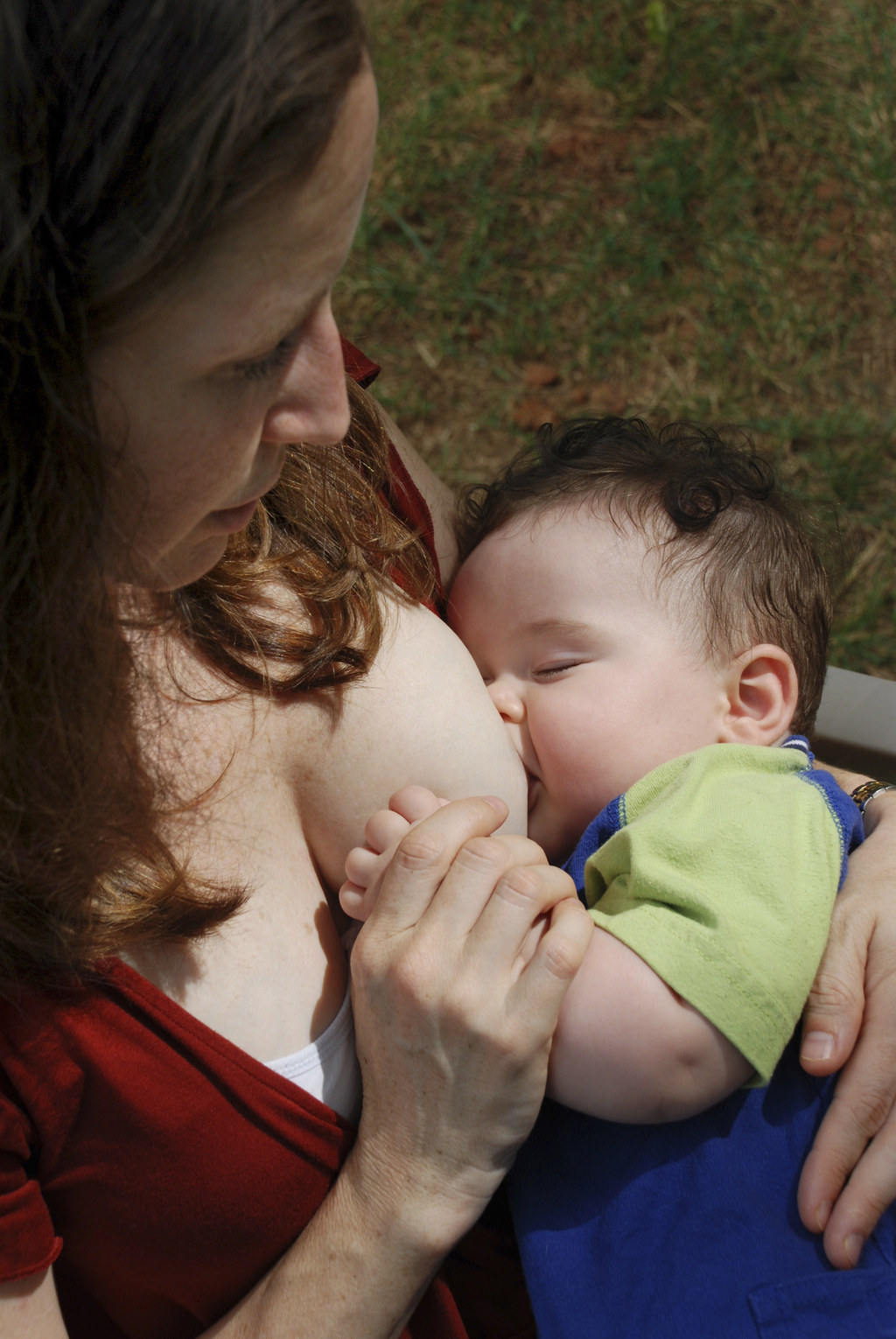 ..
..
#3
#4
#5 9000
#6
#7
#8
#9
#10
#11
#12
Guest
Partly Kolikhey (during childbirth baby pinched, damaged the upper spine, so it hurts), but, as a rule, with torticollis, the child does not eat well on one side, either the right or the left.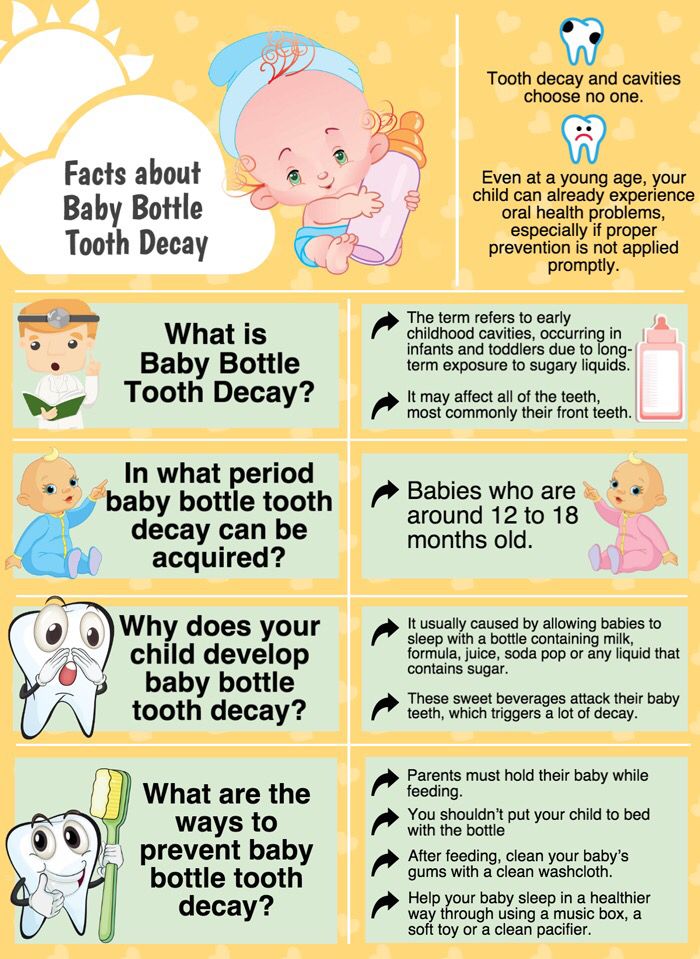
If your breasts are tight, massage and/or apply a warm compress to your breasts before feeding - this will open up the ducts.
And so that colic does not torment during feeding, before feeding, put the baby on the tummy, do a massage with legs spread in different directions and make sure that you do not swallow air when sucking.
Good luck, grow up healthy! March 12, 2014, 23:16 The baby cried when he was breastfed. The fact is that when a child begins to eat, intestinal peristalsis immediately activates (you yourself may have heard that the tummy starts to make noise), and since it is full of poorly digested gassed food at 1.5 months, it hurts him, he starts screaming and releases the nipple.
#14
#15
#16
#17
#18
#19
#20
#21
#22
Mamulechka
Girls, how is espumizan different from other means? We tried plantex, bobotik, some other drops, it didn’t work for us :( Daughter 1 month and 2 weeks old .